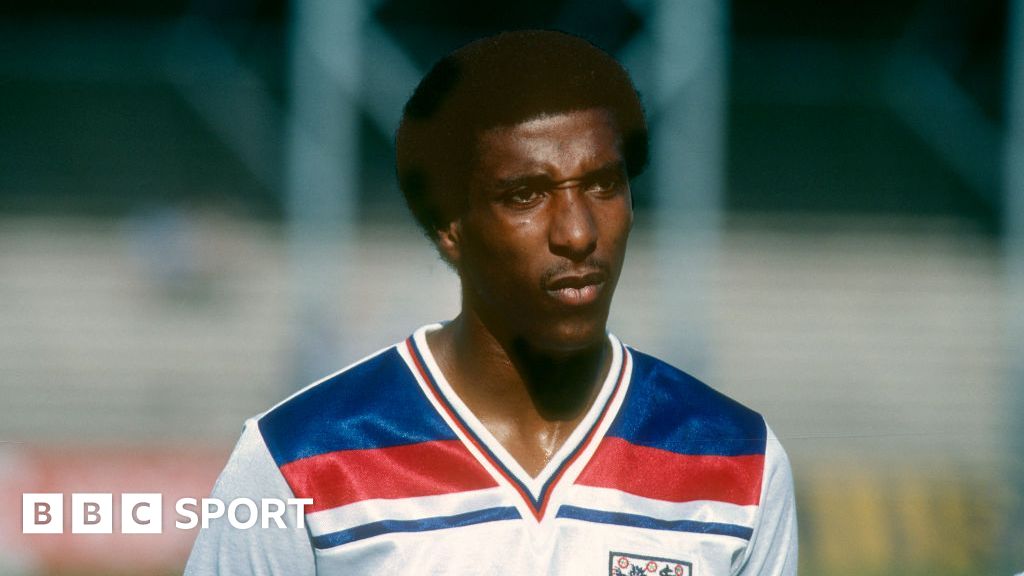Growing up in Nottingham, Anderson signed for Forest in 1974 and it was his experience under legendary manager Brian Clough that he reveres as a turning point in his career, and importantly, his attitude towards the hostility.
“He helped me in those times when things were hard,” Anderson said.
He recalled a Newcastle match where he was booed loudly when he went to warm-up pre-match.
He went back into the dressing room and told Clough he did not think he could play.
“He looked me in the face and he said, ‘you’re playing’,” Anderson said.
Clough then added: “You wouldn’t be here if you wasn’t good enough, you have the ability to play in this team and just go and show people what you can do.”
Anderson, now 68, retired in the mid 1990s after an illustrious career, which also included playing for Arsenal, Sheffield Wednesday, Barnsley and Manchester United – where he was Sir Alex Ferguson’s first signing.
He said the only black person he had seen on television playing football when he was growing up was Clyde Best, who played for West Ham.
As he and I spoke, my childhood memories of the pictures I sketched of Anderson playing came flooding back. I remember proudly sticking those drawings to my bedroom wall. My own grandparents were of the Windrush generation too.
To feel that personal connection with a black British sporting icon further confirmed to me that there truly was a unique essence within the Windrush generation, that resonated so deeply in their children.
As a child, drawing pictures of Anderson wasn’t a case of me wanting to be a footballer like him – it was quite simply that he looked like me.
And that, in its most simplest form, is the great power of representative inclusion and why football can be a true platform for wider positive and societal change.

